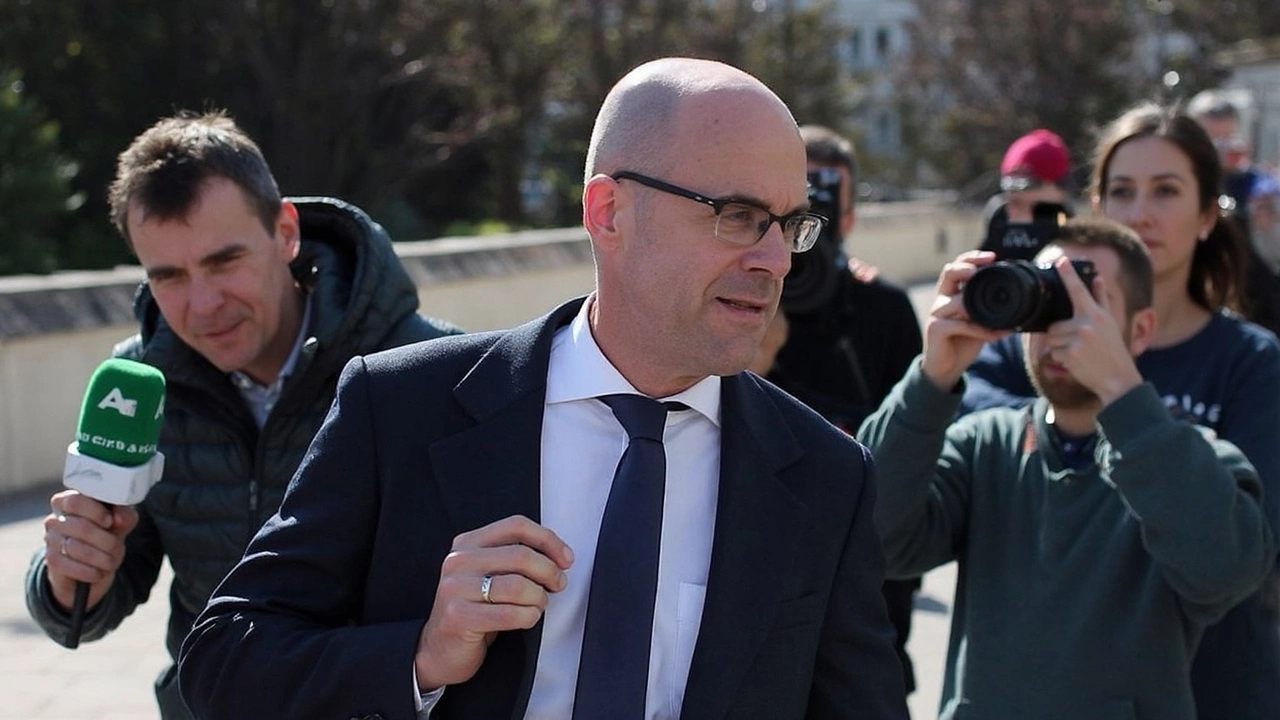CAS Appeal Explained: A Simple Guide for Football Fans
If you’ve ever heard a club or player mention a "CAS appeal" and felt lost, you’re not alone. CAS stands for the Court of Arbitration for Sport, the place where sports‑related disagreements get sorted out when regular courts aren’t the best fit. Think of it as the ultimate refereeing room for legal fights.
Why does CAS matter in football? Contracts, transfers, doping bans, and disciplinary rulings can all end up in front of the tribunal. A bad decision can cost a club millions or a player a place in the squad, so the appeal route is a real lifeline.
When Does a CAS Appeal Happen?
Usually, a CAS appeal starts after a governing body – like FIFA, UEFA, or a national association – has handed down a decision you disagree with. Common triggers include:
- Transfer disputes (e.g., a club claims a fee wasn’t paid).
- Suspensions that feel too harsh or unsupported by evidence.
- Eligibility issues for players during registration.
- Financial Fair Play penalties.
If the original decision is final, the next step is a formal request to CAS. You’ll need to file a notice of appeal within a set deadline, often 30 days, so timing is crucial.
Step‑by‑Step: The Appeal Process
1. File the Notice – Submit a written notice to CAS outlining what decision you’re challenging, why it’s wrong, and what outcome you want. This document kicks off the whole process.
2. Pay the Fee – There’s a filing fee, and sometimes a reduced rate if you can prove financial hardship. The fee covers the administrative costs of the tribunal.
3. Prepare Your Case – Gather evidence: contracts, emails, video footage, medical reports, anything that backs your claim. You’ll also need a legal team or a sports law specialist to help you present it clearly.
4. Submit Written Arguments – Both sides exchange detailed written submissions. This is where you lay out facts, cite previous rulings, and argue why CAS should side with you.
5. The Hearing – CAS usually holds a hearing in Lausanne, Switzerland, but virtual hearings are becoming common. An arbitrator (or panel) listens, asks questions, and may request extra evidence.
6. The Decision – After the hearing, the arbitrator issues a written award. It’s binding, meaning both parties must follow it. The award can confirm, modify, or overturn the original ruling.
7. Further Options – If you believe the award is seriously flawed, you can seek a limited review by CAS itself, but this is rare and only for procedural errors.
Throughout the process, keep your expectations realistic. CAS aims for fairness, not drama, and decisions are based on the evidence you provide.
For football fans, knowing the basics of a CAS appeal helps you understand why a player might suddenly be eligible again or why a club’s transfer saga takes months. It also shows how the sport’s legal side works behind the scenes.
Bottom line: A CAS appeal is a structured, time‑bound way to challenge sports decisions. If you’re involved, act quickly, gather solid proof, and get a good sports‑law adviser. The rest is up to the arbitrator, and the outcome can change careers, club fortunes, and even league standings. Stay informed, and you’ll follow the drama with confidence.
